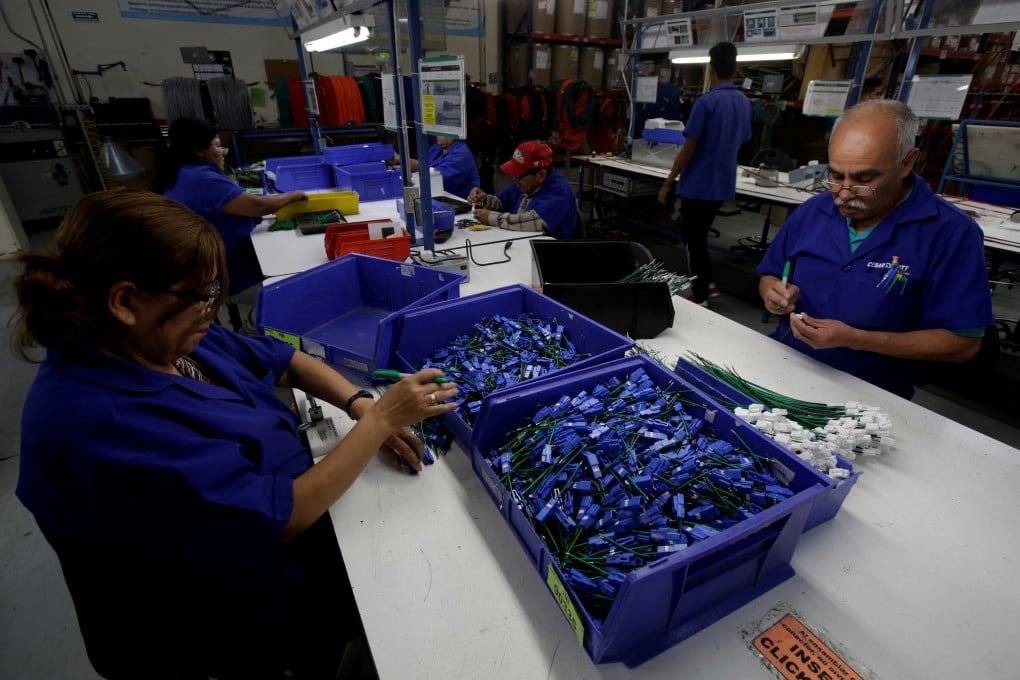Opinion | US-China trade war: migration to Mexico, Central America show firms adapting to new global business landscape
- As geopolitical tensions rise and economies become more complex, North American industries are turning away from Asia to secure a better future
- Mexico and Central America offer significant benefits for firms looking to keep costs low and mitigate risks stemming from the US-China trade war

John Steinbeck’s 1939 novel The Grapes of Wrath portrays the struggles of tenant farmers from Oklahoma during the Great Depression. These people, driven from their land by drought, embark on a journey to California in search of a better life.
Much like the migration documented by Steinbeck, another narrative is unfolding in the currents of globalisation and economic realignment. In this evolving landscape, Mexico and Central America are poised to leverage advantages once deemed unfavourable compared to many parts of Asia.
The disruptions thus far have been more of a nuisance. The problem is that it’s hard to put it out of mind once one is alerted to the danger. Every news story further solidifies this concern and the rationale for action becomes more compelling. Entrepreneurs swoop in to take advantage of the situation.


